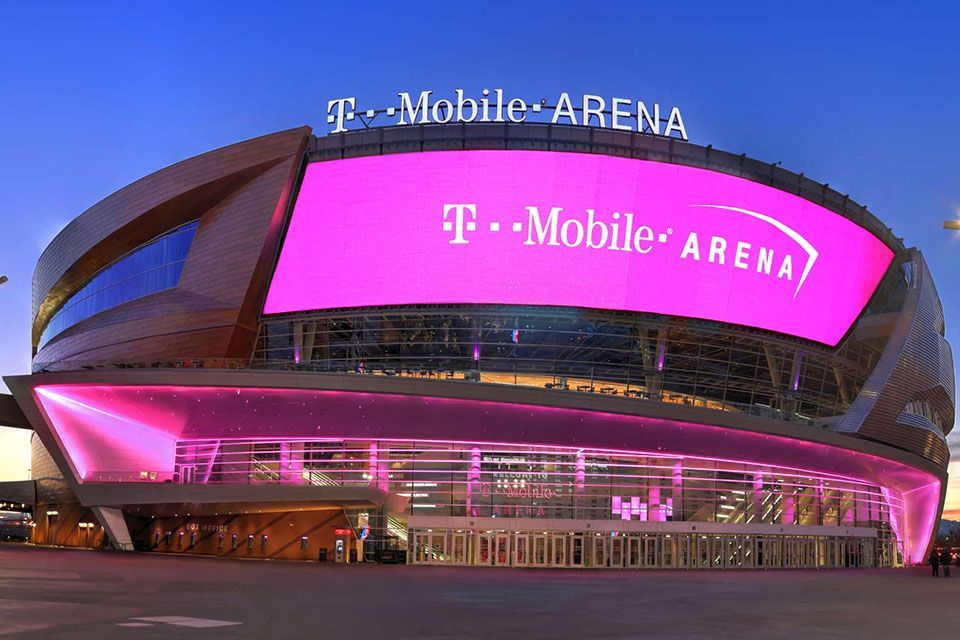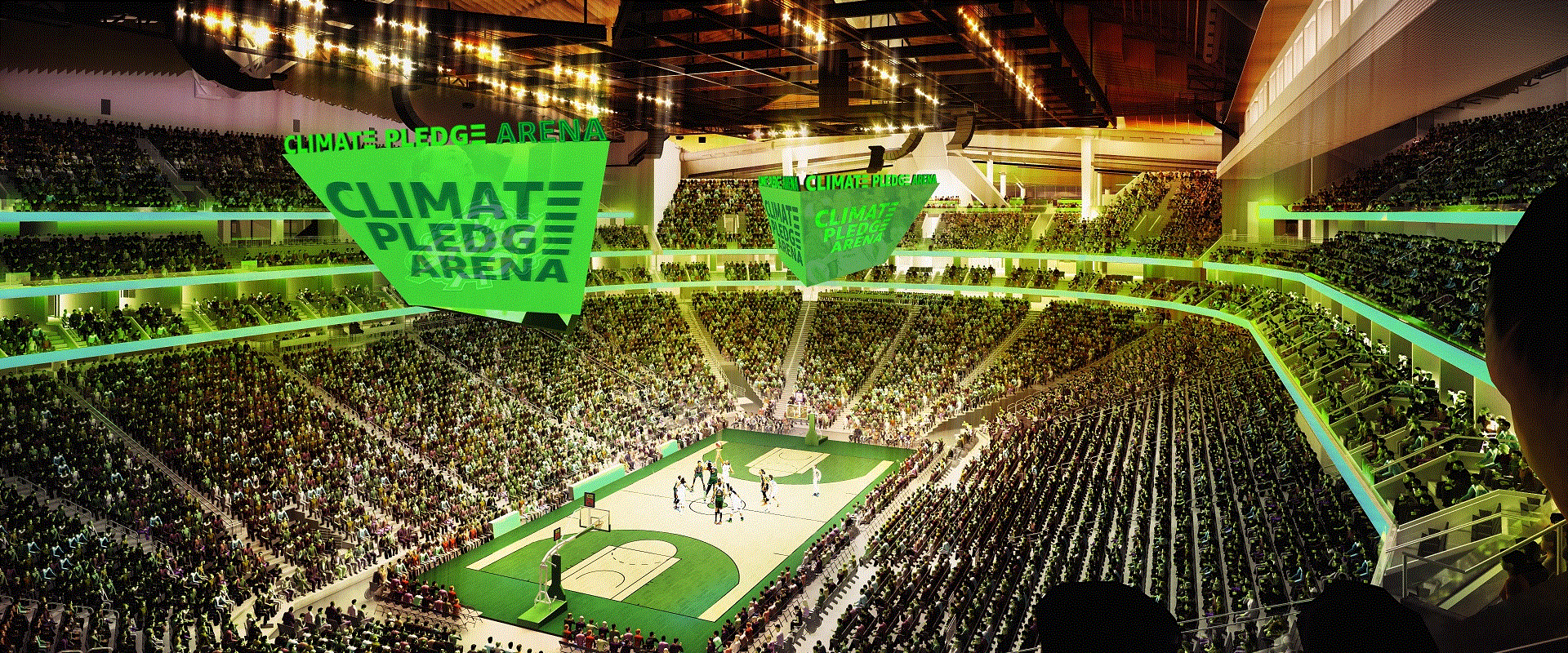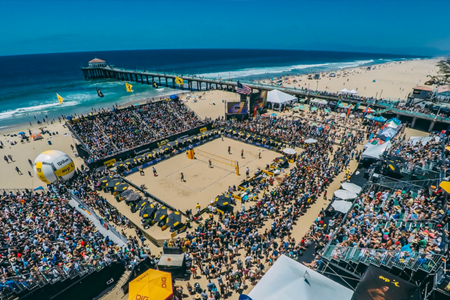As technology continues to advance at a rapid pace, the landscape of venue arenas is poised for a transformation. From sporting events and concerts to conferences and exhibitions, these spaces are evolving to offer immersive experiences that cater to the growing demands of attendees. In this article, we will explore the potential future of venue arenas and discuss strategies for manufacturing companies to stay ahead in this dynamic industry.

1. Integration of Augmented and Virtual Reality:
In the future, venue arenas will likely embrace augmented reality (AR) and virtual reality (VR) technologies to enhance the spectator experience. AR overlays can provide real-time information, statistics, and replays, while VR can transport attendees to virtual environments, enabling them to view events from different perspectives. Manufacturing companies should explore partnerships with AR/VR developers to create cutting-edge solutions that integrate seamlessly with venue infrastructure.
2. Smart and Interactive Features:
Venue arenas will become smarter and more interactive, utilizing Internet of Things (IoT) devices to gather data and improve operations. Sensors embedded in seats and facilities can collect real-time feedback on comfort, temperature, and occupancy, allowing for personalized experiences. Manufacturing companies can play a vital role in providing these IoT-enabled solutions, such as smart seating, lighting systems, and interactive displays.
3. Sustainable and Eco-Friendly Design:
Environmental sustainability will be a key consideration in future venue arenas. Companies should focus on developing eco-friendly materials and energy-efficient technologies for construction and maintenance. Utilizing renewable energy sources, implementing recycling systems, and designing spaces that minimize waste and carbon emissions will become essential. Manufacturing companies that invest in sustainable practices and materials will gain a competitive advantage in this evolving market.
4. Customization and Personalization:
The future of venue arenas lies in creating tailored experiences for individual attendees. Manufacturing companies can leverage advancements in 3D printing and customization technologies to offer personalized merchandise, seating options, and even food and beverage choices. By embracing mass customization, companies can meet the diverse preferences of consumers and establish themselves as leaders in the industry.
5. Enhanced Connectivity and 5G Integration:
The proliferation of connected devices and the advent of 5G networks will revolutionize the way people engage with venue arenas. Manufacturing companies can collaborate with telecommunications providers to make sure of robust connectivity within arenas, enabling seamless interactions between attendees, performers, and event organizers. Furthermore, the integration of 5G networks will facilitate real-time streaming, social media engagement, and immersive experiences, requiring manufacturing companies to develop compatible technologies and devices.
The future of venue arenas holds immense potential for innovation and transformation. Manufacturing companies have a crucial role to play in shaping this future by embracing emerging technologies, prioritizing sustainability, and offering customized experiences. By staying ahead of the curve and partnering with technology providers, manufacturing companies can position themselves as leaders in this dynamic industry and contribute to the evolution of venue arenas that captivate and engage audiences like never before.
Read more at Smartstage.
#smartstage




